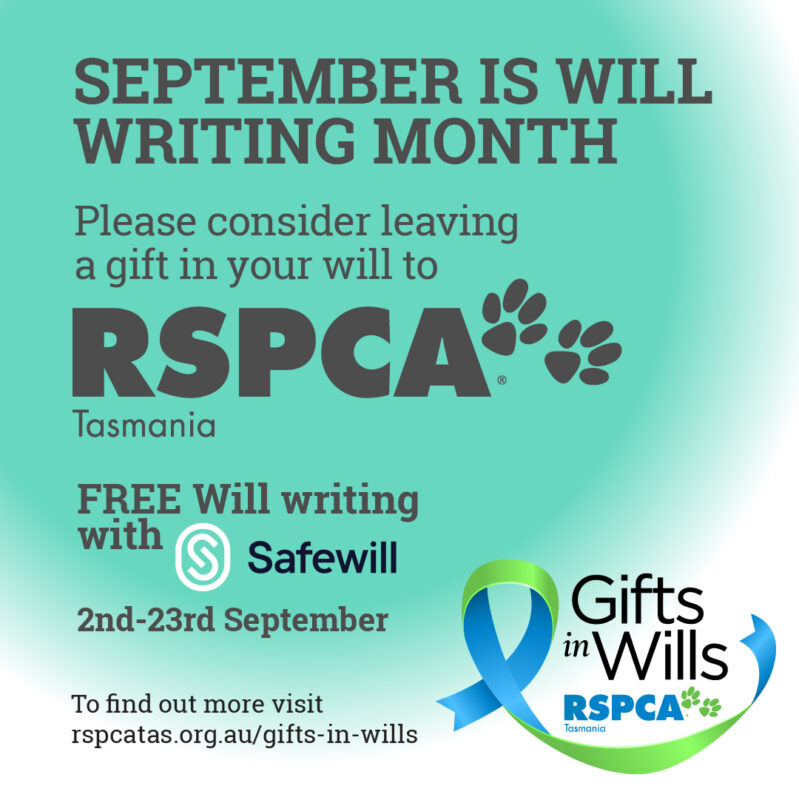Keeping furry friends safe at Easter
While the allure of chocolate bunnies, Easter egg hunts, and hot cross buns may be irresistible to many this season, these delights can spell danger for our cherished four-legged companions.
The RSPCA has issued an important warning about the hazards of tempting treats this Easter, identifying chocolate and hot cross buns as harmful to both cats and dogs, and Easter Lilies as toxic specifically to cats.
Jan Davis, RSPCA Chief Advocate, has urged pet owners to keep a close eye on their animals around chocolate this Easter following a shocking rise in calls to the Animal Poisons Helpline last year. Over a 14-day period last Easter, the helpline recorded a 136 per cent increase in calls regarding pets ingesting chocolate, compared with the rest of the year.
If you’re planning on doing an Easter egg hunt, try and completely separate your pet from the fun. You should also write down each place you’ve left the chocolate or lollies so there’s none forgotten and lurking around for your pet to get their paws on.
“Human chocolate contains theobromine and caffeine, both of which are toxic for dogs and cats, while fruit like grapes, sultanas and raisins can cause kidney failure. And don’t forget to clean up paper and wrappings straight away, too,” Ms Davis warned.
“Cats are the ones at risk with lilies, with every part of the plant – leaves, stems, petals, pollen – all posing a serious risk to your cat’s health.
“Even a small amount of the plant can cause life-threatening medical issues, particularly damage to the kidneys, and death can occur as soon as one to two days after ingestion.
“If you fear your cat may have ingested some lily, call your vet immediately.”
“It’s important to take all incidents seriously, particularly if you’re not sure how much your pet has eaten. And make sure your kids are aware that they can’t give these foods to your pets too!”
“Time is of the essence when toxic items have been eaten – don’t take a ‘wait and see’ approach, as it could cause too much damage or even result in death.
“By the time your pet is showing symptoms it’s potentially already a life-threatening situation, please don’t wait to get treatment. It is much better to be safe than sorry.” Ms Davis said.
With many people expected to hit the road to make the most of the four day long weekend, pet owners are also reminded to think of their animal’s wellbeing before travelling this Easter.
Ms Davis stressed that “the weather is set to be fine – which is great for people to enjoy outdoor activities. However, warm temperatures mean pets should never be left unattended in a vehicle.”
Some tips to help ensure the safety of your pets this Easter include:
- Familiarise yourself with the location of the nearest emergency veterinary clinic and keep their contact information handy.
- Store chocolate, fruit-based hot cross buns, and lilies out of reach of pets.
- If you suspect or know that your pet has ingested any of these items, act swiftly and seek veterinary attention without delay.
- Plan travel with pets to make sure they are not left in a vehicle for any length of time and are safe in a new location.
MEDIA CONTACT
Jan Davis, Chief Advocate – RSPCA Tasmania
Mobile: 0409 004 228
Email: jdavis@rspcatas.org.au























